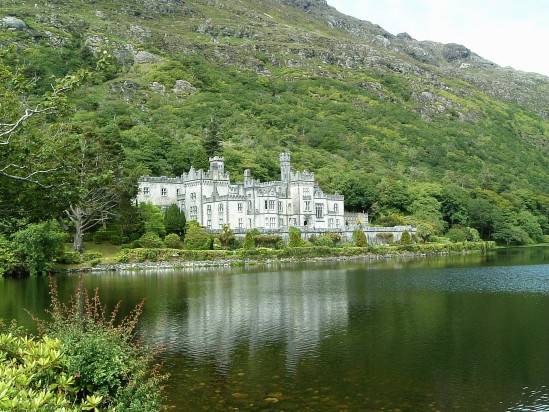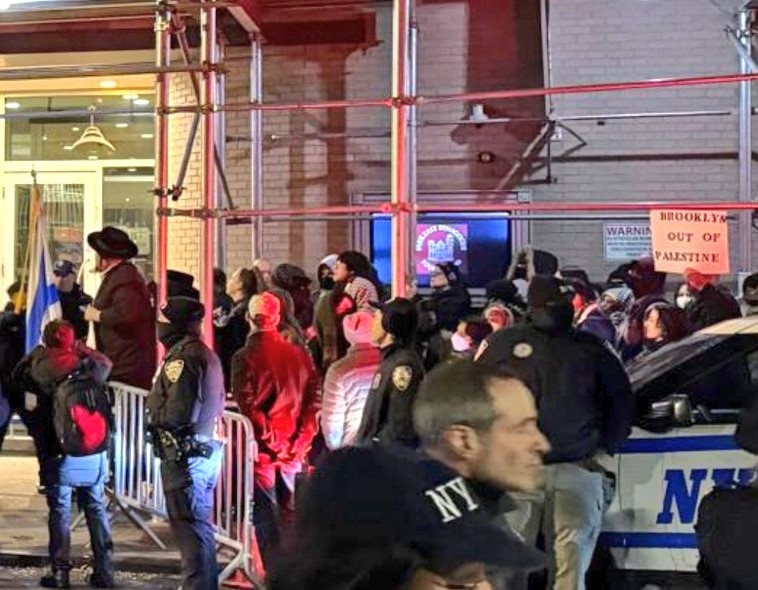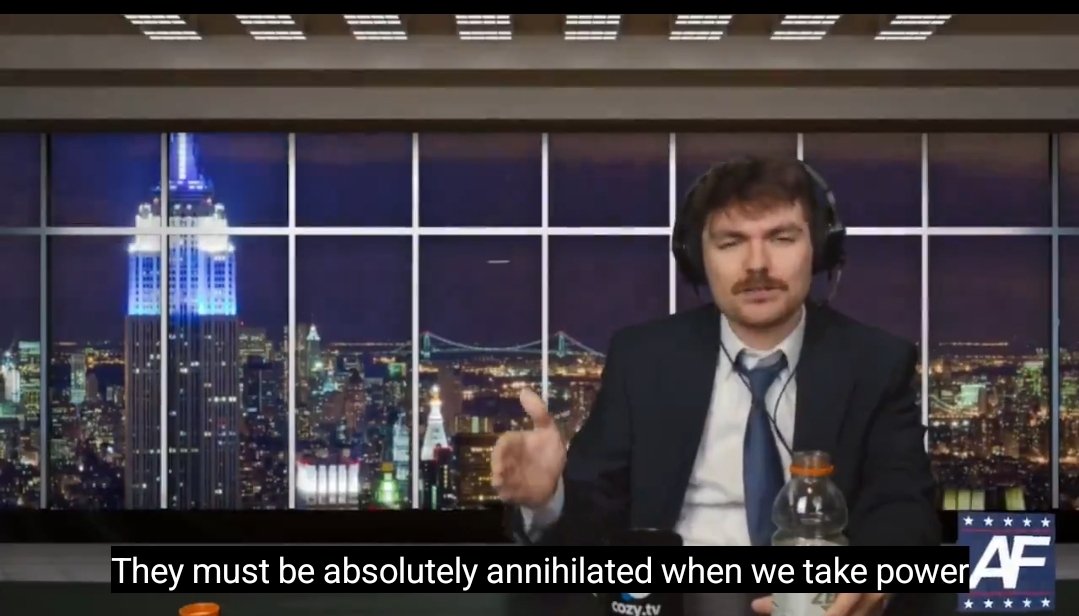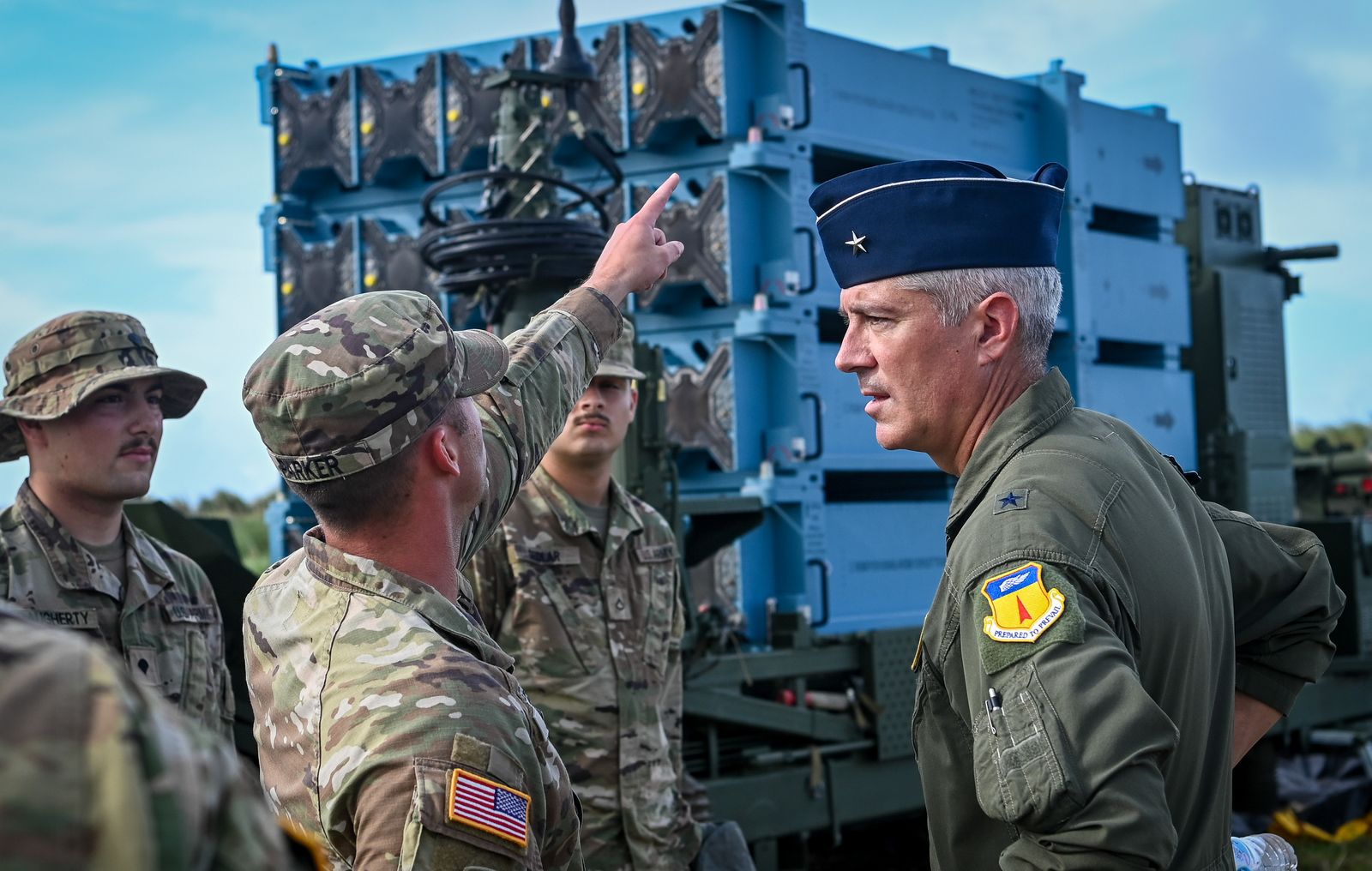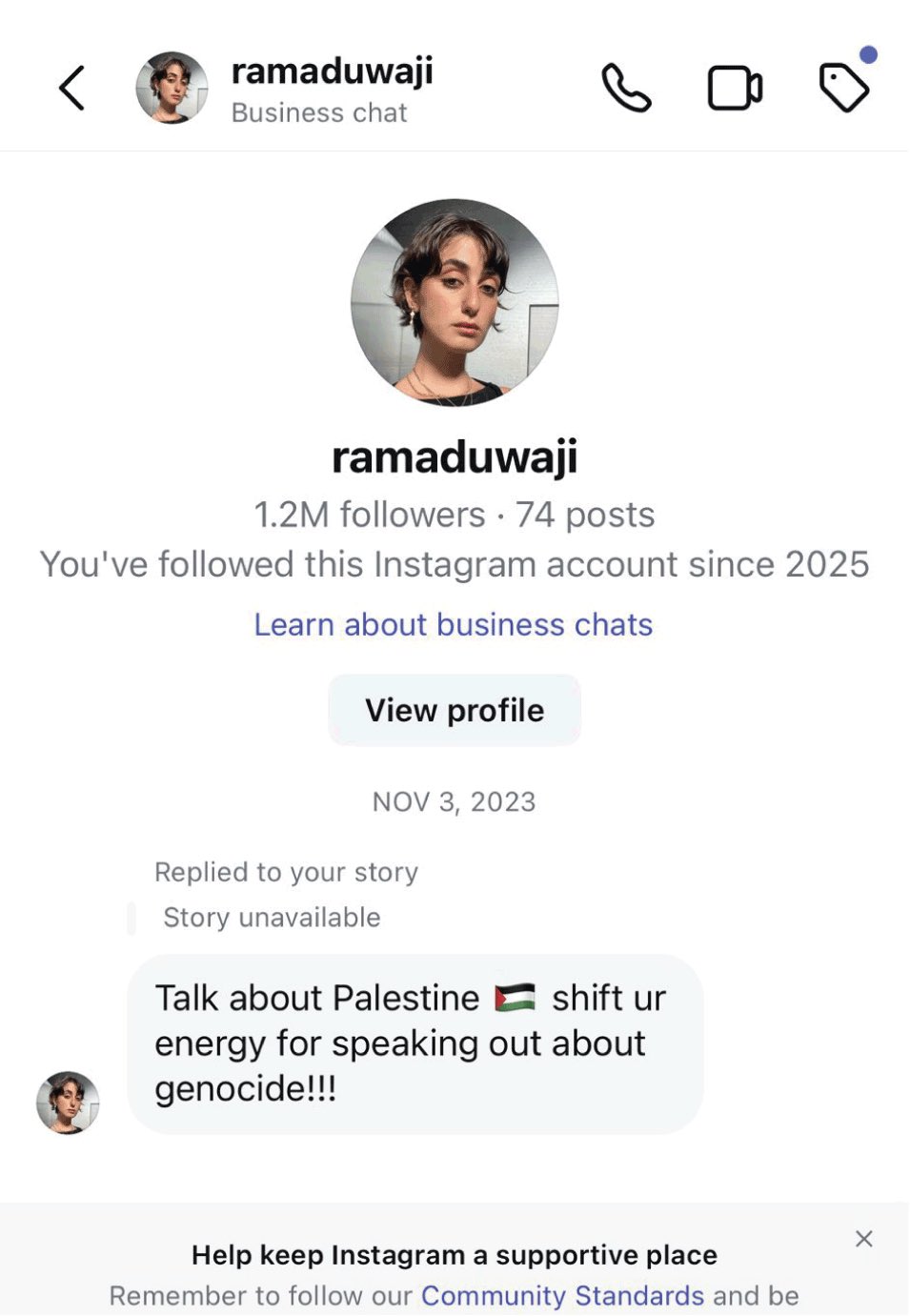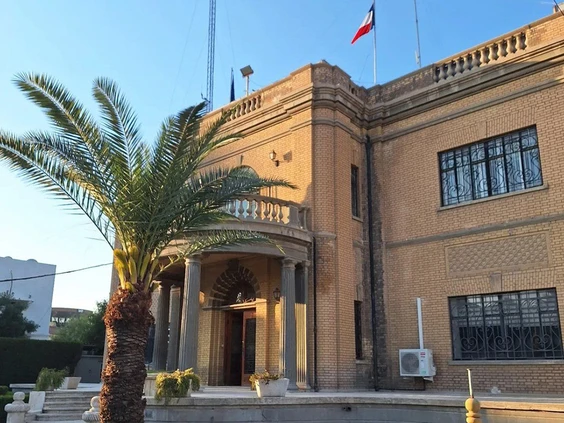Michel Devoret, a Jewish French physicist and professor emeritus at Yale University, has won the 2025 Nobel Prize in Physics for groundbreaking research that revealed quantum effects visible to the human eye.
The Royal Swedish Academy of Sciences announced that Devoret will share the prize with John Clarke and John M. Martinis of the University of California, Berkeley. Their experiments in the 1980s demonstrated quantum tunneling and energy quantization in superconducting circuits — discoveries that blurred the line between quantum and classical physics. The three scientists will share 11 million Swedish kronor, or about $1.1 million.
While the Nobel Prize recognizes Devoret’s achievements in quantum physics, the Yale professor has also spoken publicly about his Jewish heritage and his family’s survival during the Holocaust. In a 2021 interview recorded by the American Institute of Physics, Devoret described how the war shaped his parents’ lives and left lasting trauma across generations.
He recalled a moment at a family gathering when Pierre Goltman, a cousin of his mother and an Auschwitz survivor, made a startling remark.
“He said that I was owing my existence to Adolf Hitler,” Devoret remembered. “Of course, it was provocative, but at the same time, that statement had some deep truth in it.”
Devoret explained that both sides of his family were of Jewish ancestry, though not religiously observant. “We would say now they were only from Jewish ancestry,” he said, “but Hitler had generalized the branding of scapegoats and was an obsessive perfectionist.”
“World War II was, for many Frenchmen, a struggle,” he continued. “But it was in particular hard for my parents’ families, because of their Jewish background.”
He noted that Jews in the Netherlands faced only a five percent survival rate, compared to about seventy-five percent in France. “As I think of it, while evoking the number of deaths in my family during WWII, both on my mother’s side and my father’s side, these grim statistics seem more or less to apply overall to my extended family. And you can imagine the collective traumatism of the survivors.”
Devoret said his parents, though from different social and economic backgrounds, were united by shared wartime experiences. “They ended up doing voluntary work in the same summer camp for children,” he said. “My father was trained as a physician, and he was running the infirmary in that summer camp while my mother was a counselor.”
Born in Paris in 1953, Devoret grew up in Montreuil, a working-class suburb once known as one of Paris’s “red cities” for its Communist Party leadership. His parents chose to have him delivered at the Clinique des Bluets, where Dr. Lamaze pioneered the “painless childbirth” method.
Now celebrated for his role in advancing quantum science, Devoret often reflects on how his family’s history shaped his worldview. “You can imagine,” he said, “the collective traumatism of the survivors.”
Here is the full text of Devoret speaking about his family hisotry during the Holocaust: “On that topic, I have to mention that Pierre Goltman, a cousin of my mother and an
Auschwitz survivor who wrote about his experience, once surprised everyone in a family
lunch reunion when he said that I was owing my existence to Adolf Hitler. [laugh] Of
course, it was provocative, but at the same time, that statement had some deep truth in
it. World War II was, for many Frenchmen, a struggle. But it was in particular hard for
my parents’ families, because of their Jewish background, even though they were not at
all religious. We would say now they were only from Jewish ancestry, but Hitler had
generalized the branding of scapegoats and was an obsessive perfectionist. As French
citizens, the situation of my parents was probably not as bad as if they had been native of
the Netherlands, because the survival probability of Jews in the Netherlands during
WWII was only 5 percent, whereas in France it turned out that it was more or less 75
percent, which says something about France relative to the Netherlands. As I think of it,
while evoking the number of deaths in my family during WWII, both on my mother’s
side and my father’s side, this grim statistics seems more or less to apply overall to my
extended family. And you can imagine the collective traumatism of the survivors.
But coming back to the remark of our cousin Pierre, what linked my parents was that,
even if they were from very different social backgrounds and upbringing, they had
endured a lot of similar experiences during the war. They ended up doing voluntary work
in the same summer camp for children. The organization was affiliated to the
Communist party and that’s how they met. As I have already explained, my father was
trained as a physician, and he was running the infirmary in that summer camp while my
mother was a counselor”

